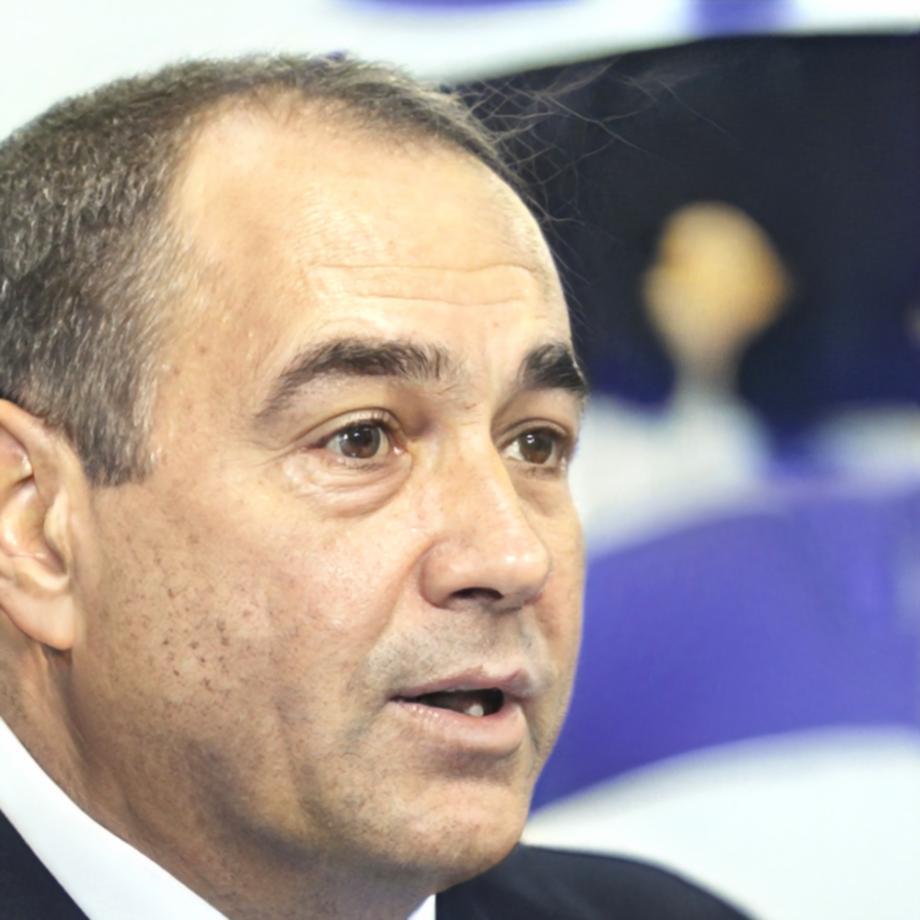Built from real investing mistakes
We started PulseWave after watching too many friends lose money on trendy stock picks. Fundamental analysis isn't glamorous, but it kept our portfolios steady through every downturn since 2019.

We teach what actually works in Australian markets
Back in 2018, three of us were sitting in a Hobart café after another brutal market week. Remy had just lost a chunk on a mining stock that everyone swore was "about to explode." The company's fundamentals were terrible—anyone reading their financial statements would've seen it coming.
That conversation turned into late-night study sessions. We dug into balance sheets, income statements, cash flow patterns. Started tracking ASX companies month by month. Built spreadsheets that predicted quarterly results more accurately than half the analysts we were reading.
By mid-2020, we'd developed a teaching method that actually stuck. Not theory—practical frameworks you could apply to any Australian stock within an hour. We tested it with 12 friends first. Eight of them were still using our methods a year later and outperforming their previous returns.
Our courses focus on ASX-specific valuation methods, Australian accounting standards, and the unique characteristics of our market structure. We don't teach American strategies that don't translate here.

Started developing curriculum



How we actually teach this stuff
- Start with real company reports—not textbook examples. You'll analyse actual ASX-listed businesses from day one, learning to spot red flags in financial footnotes and management commentary.
- Build your own valuation models instead of using pre-made templates. Understanding why each formula works matters more than plugging in numbers. Most of our students keep using their custom models years later.
- Practice with current market conditions. We update our case studies every quarter to reflect what's happening right now in Australian markets—not recycled examples from 2015.
- Learn to read between the lines in annual reports. Management teams have interesting ways of presenting bad news. We teach you the common patterns and linguistic tricks that hide operational problems.
Who's behind the courses
Small team. No corporate nonsense. Just people who've made plenty of investing mistakes and learned the hard way that fundamental analysis actually prevents most of them.

Remy Thornhill
Director of Financial Education
Spent seven years analysing small-cap industrials before realising most investors skip the actual analysis part. Built our core curriculum after teaching 40+ people how to read cash flow statements without falling asleep. Still reviews every assignment personally because automated feedback misses too much nuance.
Holds no formal finance qualifications—learned everything through trial, error, and about 2,000 annual reports. Prefers it that way. Academic finance programs teach theory. We teach what works when you're sitting at home trying to decide if a company's worth your money.